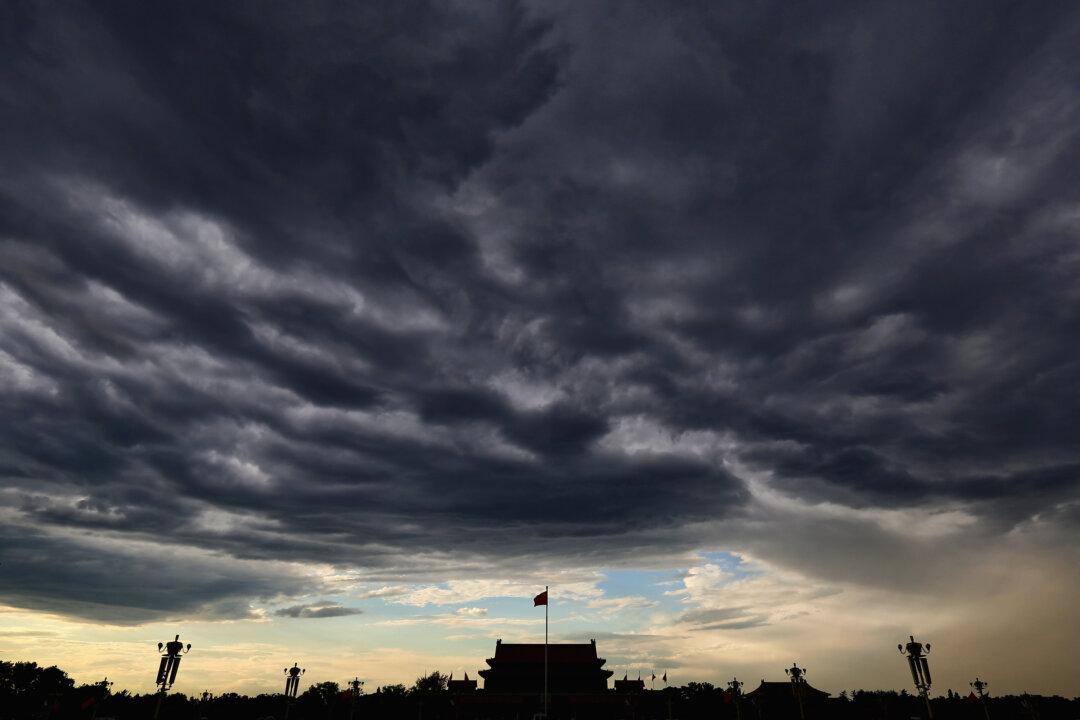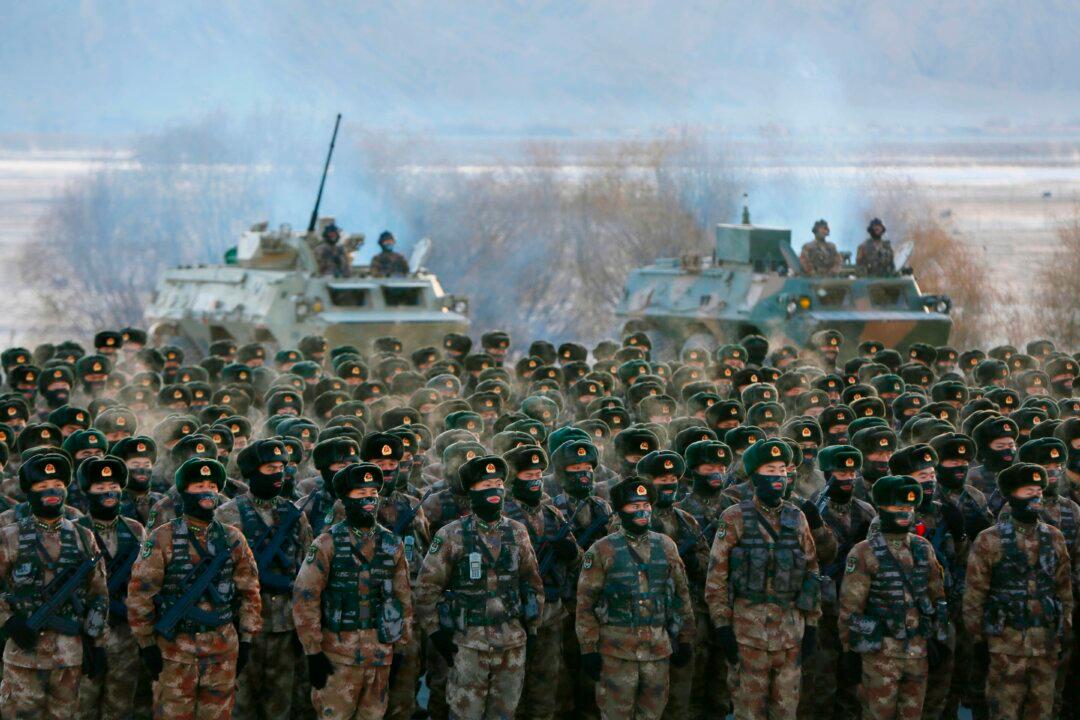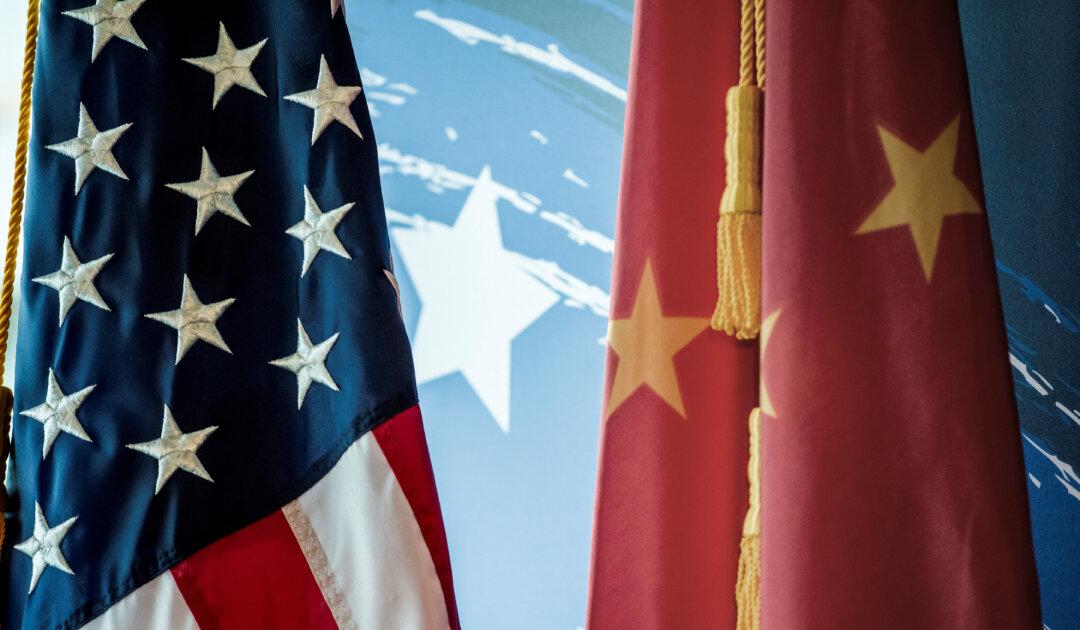Commentary
In the grand chessboard of global politics, China, under the iron grip of its Chinese Communist Party (CCP), stands as a formidable adversary to the cherished ideals of American exceptionalism. This isn’t merely a contest of economic might; it’s an ideological battle for the soul of the 21st century, where the very essence of freedom and autocracy are pitted against each other.
Now, let’s cut through the diplomatic niceties. The CCP isn’t just another player on the world stage; it’s a master manipulator, an entity whose tentacles of control squeeze the very life out of liberty and individualism. The so-called People’s Republic is a misnomer of Orwellian proportions. Here’s a regime that dictates the lives of its citizens with an iron fist, from the internet they access to the number of children they can have. Talk about personal freedom? It’s non-existent under the shadow of the CCP.And it’s not just about what happens within China’s borders. The dragon’s breath of Beijing is scorching the global landscape. Its Belt and Road Initiative? A debt-trap diplomacy, if there ever was one. The Confucius Institutes? Soft power ploys aimed at infiltrating and influencing Western academia. The rampant intellectual property theft? It’s economic warfare, pure and simple.




